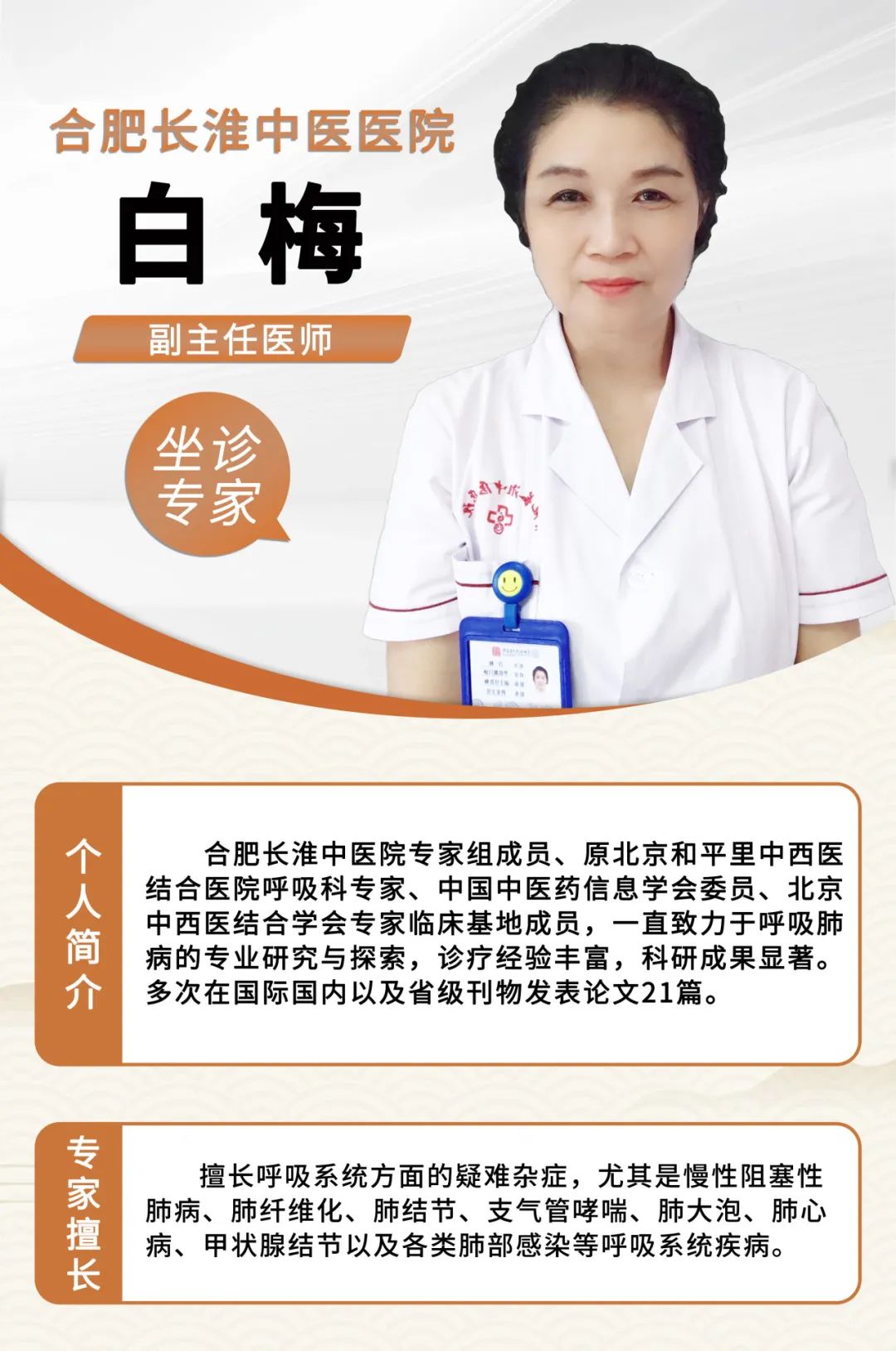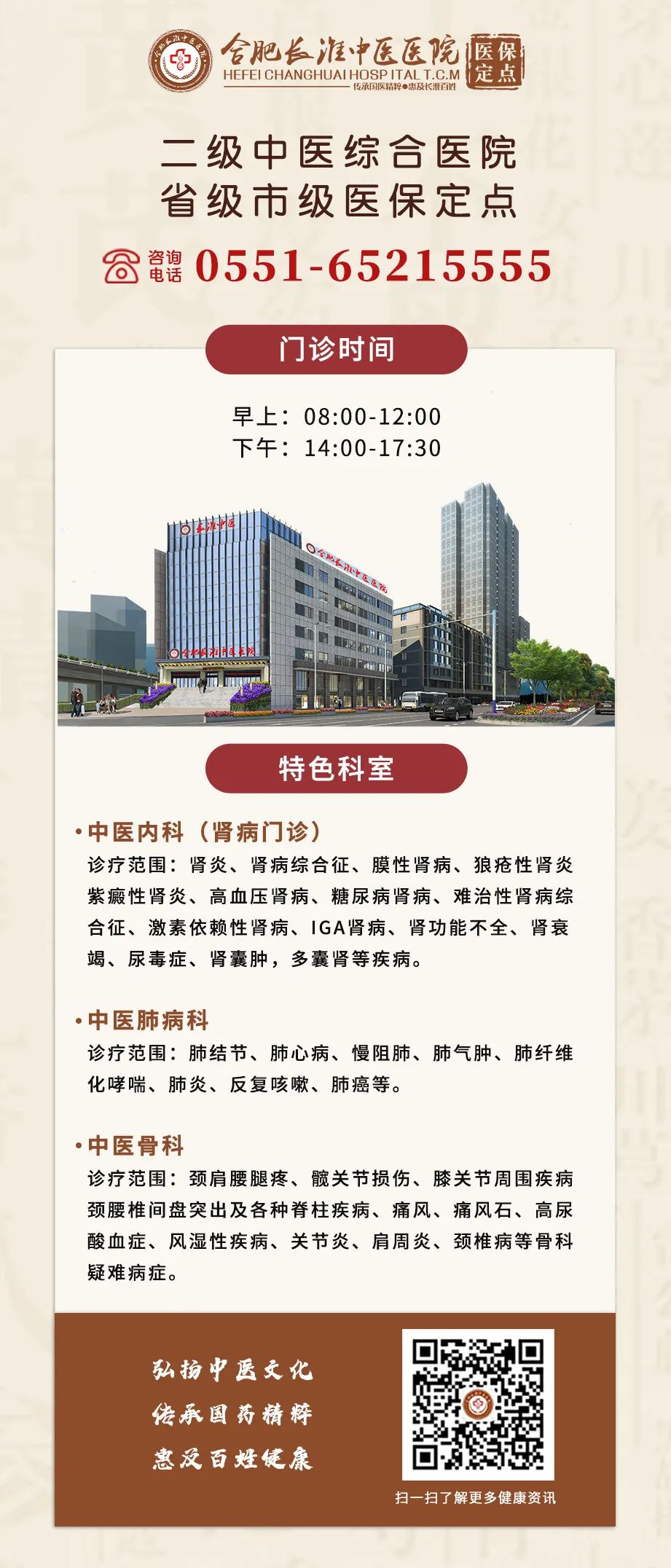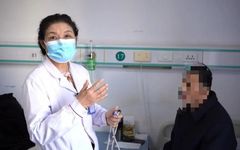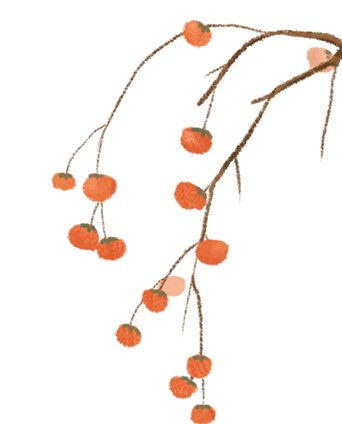
Do you often feel irritable, have a dry mouth and throat, experience night sweats, or have hot palms and soles? If you resonate with these symptoms, you may be suffering from Yin Deficiency!
Today, Director Bai Mei will help us understand Yin Deficiency and share some health tips for managing this condition.
1. How to Identify if You Have Yin Deficiency
Director Bai Mei points out that TCM categorizes body constitutions into nine basic types: Yang Deficiency, Qi Deficiency, Qi Stagnation, Yin Deficiency, Blood Stasis, Phlegm-Dampness, Wet-Heat, Special Constitution, and Balanced Constitution.


Individuals with Yin Deficiency Often Exhibit the Following Signs
Symptoms: Irritability, dry mouth and throat, night sweats, hot palms and soles.
Physical Characteristics: Slim build, flushed cheeks.
Tongue and Pulse: Red tongue with little coating, thin and rapid pulse.
Psychological Traits: Often characterized by irritability, emotional fluctuations, or sensitivity and repression.

2. Diseases Commonly Associated with Qi Deficiency
Different constitutions have varying susceptibilities to different pathogens, which also influences disease tendencies.
Director Bai Mei warns that Yin Deficiency is an underlying factor for many diseases and is closely related to conditions such as insomnia, constipation, dizziness, diabetes, warm diseases, pulmonary tuberculosis, throat disorders, eye diseases, and a tendency to develop heat-related illnesses.
3. How Yin Deficiency Develops
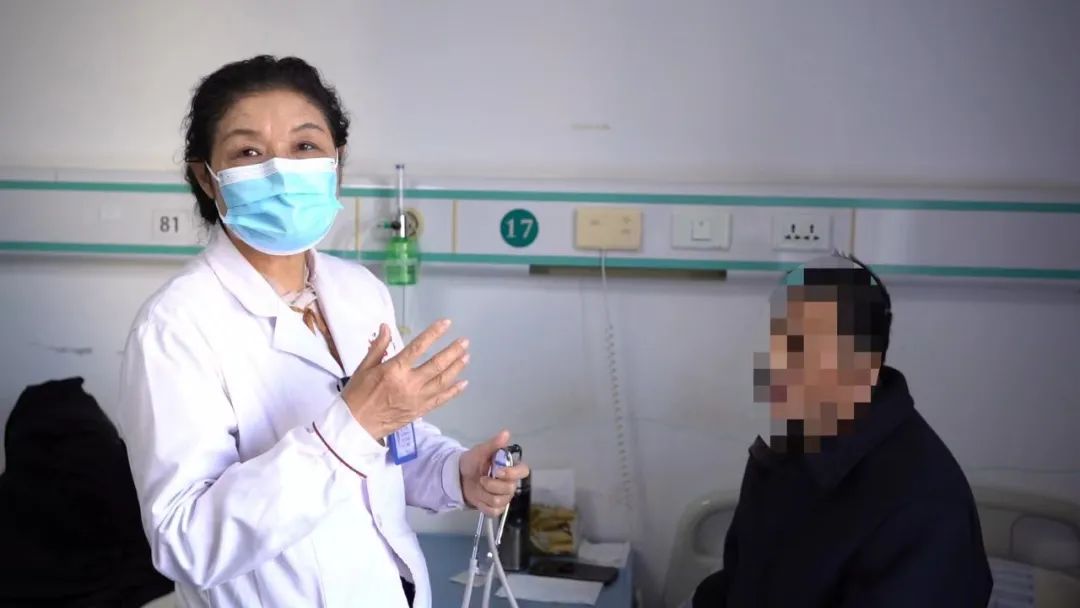
Director Bai Mei states that the development of Yin Deficiency is related to various factors, including personal constitution, lifestyle habits, and environment. Here are some common causes of Yin Deficiency:
1. Prolonged overwork and mental stress, leading to insufficient Yin energy.
2. Long-term irregular sleep patterns, affecting the balance of Yin and Yang.
3. Unhealthy eating habits, such as overeating or excessive consumption of spicy and stimulating foods.
4. Living in dry, cold, or air-conditioned environments can exacerbate Yin Deficiency.
5. Personal constitution and congenital factors; some individuals are naturally predisposed to Yin Deficiency and are more susceptible to related diseases.
Recommendations for Nourishment

Dietary Nourishment
Yang energy is like the sun’s warmth, while Yin energy is akin to nourishing rain that supports growth. When the weather is hot and rain is scarce, the riverbeds dry up, and crops wither; this is a state of imbalance caused by insufficient Yin fluids failing to restrain excessive Yang energy. For the human body, a deficiency in Yin fluids leads to dryness of the skin and mucous membranes, dry mouth and throat, and constipation.
Those with Yin Deficiency should increase the intake of cooling and moistening foods, such as celery, spinach, bean sprouts, loofah, cucumber, winter melon, water chestnut, lotus root, white radish, and tomatoes; or fresh fruits like pears, bananas, grapes, persimmons, sugarcane, loquats, coconuts, and mulberries;
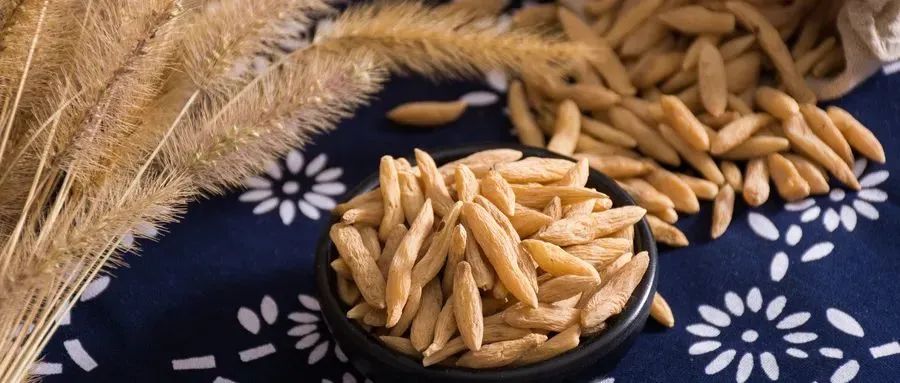
Meat and seafood options include lean pork, pig’s trotters, duck, turtle, soft-shelled turtle, squid, jellyfish, clams, and oysters; or can be appropriately paired with Sha Shen (Glehnia root), Yu Zhu (Polygonatum), Mai Dong (Ophiopogon), Yin Er (Tremella), and Bai He (Lily) in porridge, soups, or sweet soups. It is advisable to reduce the intake of warming and drying foods such as lamb, dog meat, chili, Sichuan pepper, leeks, ginger, garlic, durian, and lychee.
Additionally, it is recommended to use steaming, boiling, blanching, or stewing methods for cooking, as these methods better preserve the moisture and nutrients of the ingredients. Avoid frying or roasting, as these methods can increase the drying nature of the food.
“Nourish Yang in spring and summer, and nourish Yin in autumn and winter.” Currently, we are in the season of winter storage, where the weather is relatively dry. At this time, consuming foods that nourish and moisten Yin can take advantage of the seasonal benefits and further support the storage of Yin essence.

Lifestyle Adjustments
Individuals with a constitution of Yin Deficiency often experience irritability due to insufficient Yin fluids, leading to a relative excess of Yang energy, which can cause a state of hyperactivity. During sleep, Yang energy retracts, allowing Yin fluids to nourish the body. It is recommended for those with Yin Deficiency to adjust their schedules to ensure adequate rest and sleep.
The bedroom should be decorated in soft colors, and it is advisable to avoid strong tea or coffee before bed. Avoid playful activities or intense exercise before sleep, and create a quiet resting environment to promote peaceful sleep. The balance of Yin and Yang in the kidneys is fundamental to overall health; excessive indulgence can harm Yang and deplete Yin. While everyone should practice moderation in sexual activity, those with Yin Deficiency should be particularly cautious to preserve Yin essence. Furthermore, according to the Ben Cao Hui Yan, tobacco is described as “bitter and pungent, with a hot nature and toxic properties,” and alcohol is noted in the Bei Lu as “bitter, sweet, and pungent, very hot and toxic.” Long-term smoking and drinking can easily generate internal heat; therefore, it is recommended for individuals with Yin Deficiency to quit smoking and drinking.
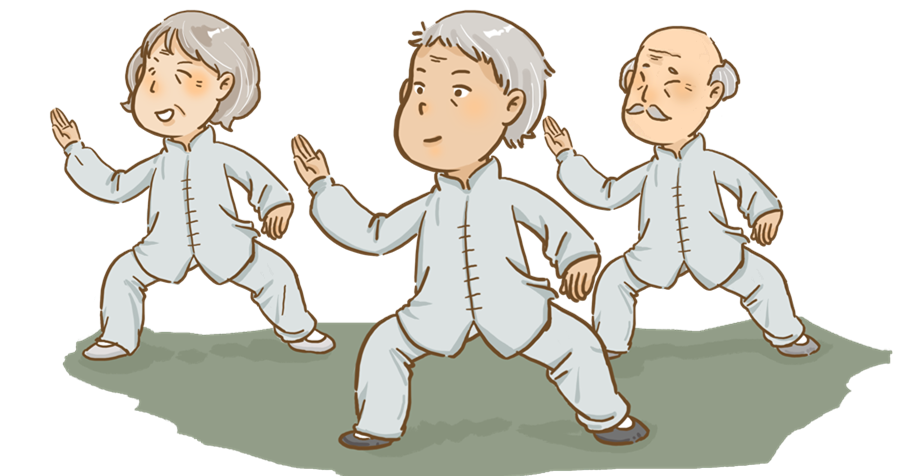

Physical Exercise
High-intensity exercise or prolonged physical activity can lead to excessive sweating and thirst, as movement tends to elevate Yang energy and deplete fluids. Individuals with Yin Deficiency, who already have insufficient fluids, should choose moderate-intensity, intermittent exercise, such as Tai Chi, Ba Duan Jin (Eight Pieces of Brocade), or fitness routines that combine movement and stillness.
Avoid exercising in direct sunlight or hot environments, and be mindful of sweating; replenish fluids promptly after exercise.

Emotional Regulation
Individuals with Yin Deficiency often have fluctuating emotions and can be easily irritated. It is important to pay attention to emotional regulation, remain calm in challenging situations, and learn how to cope with both favorable and adverse circumstances while maintaining a stable mindset.
In daily life, listening to soft and soothing music can be beneficial, as well as engaging in hobbies like calligraphy, painting, or playing musical instruments. For instance, practicing calligraphy requires focus and calmness, and long-term practice can cultivate patience, soothe the mind, and eliminate distractions, leading to a tranquil state of mind.
During leisure time, taking walks in beautiful and serene environments can also uplift the mood and promote a sense of calm.

Dietary Therapy
Individuals with Yin Deficiency should consume foods that nourish Yin and support vitality, while avoiding spicy, stimulating, warming, and fried foods, as well as foods that are excessively fatty.
Director Bai Mei’s Warm Reminder
While dietary therapy is effective, maintaining good lifestyle habits is even more important, such as avoiding staying up late, reducing spicy food intake, and minimizing mental strain; these are the true foundations for ensuring our health.
Recommended by Lung Disease Experts
